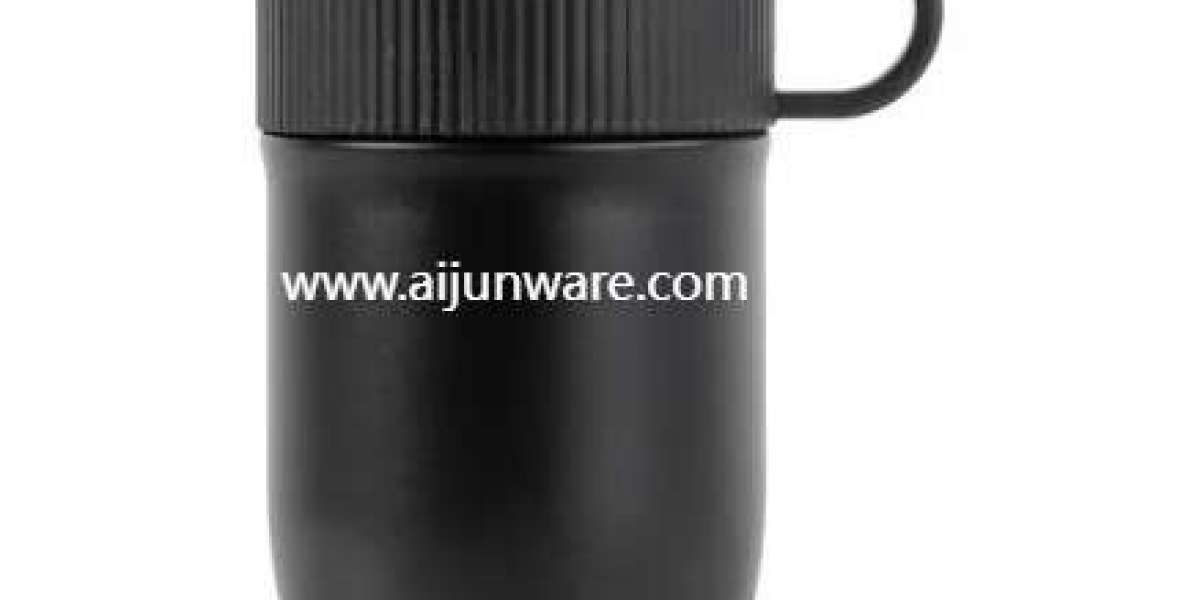The sight of overflowing bins filled with used Disposable Paper Cups after a morning coffee rush is common. Many consumers diligently toss them into recycling bins, reassured by the paper exterior and believing they've made an eco-conscious choice. Sadly, this well-intentioned act often leads to a frustrating outcome: these cups contaminating recycling streams and frequently being diverted to landfill or incineration. The culprit? The essential, often invisible, barrier coating lining the cup's interior, which recycling facilities are ill-equipped to handle efficiently.
Conventional paper recycling relies on pulping – breaking down fibers in water to create new paper slurry. Cups, however, present a unique challenge. Their design requires a bonded waterproof layer to contain liquids. While the paper fiber itself is recyclable, the fused plastic or chemical coating creates a significant barrier. During pulping, this coating doesn't break down like paper. Instead, it fragments into tiny particles or floats as flakes, contaminating the entire batch of paper pulp. This contamination degrades the quality of the recycled paper, making it weaker, less valuable, and unsuitable for many applications. To maintain pulp quality, recycling facilities must implement costly and imperfect filtering systems to remove these contaminants, and even then, significant residue often remains. Many facilities, lacking specialized equipment or facing prohibitive costs, simply reject bales containing large quantities of Disposable Paper Cups outright.
The problem intensifies with PFAS-coated cups. These "forever chemicals" pose an even greater threat to recycling systems. PFAS contamination in recycled paper pulp is a growing concern. Pulp contaminated with PFAS can transfer these persistent chemicals into new paper products, including food packaging like pizza boxes or bakery bags, creating unintended secondary exposure pathways. Recycling facilities have no practical way to remove or destroy PFAS during standard pulping processes. Consequently, cups suspected of containing PFAS are treated as hazardous material by some forward-thinking recyclers, requiring costly special handling or outright rejection to protect the integrity of their recycled output and prevent downstream contamination.
This creates a lose-lose scenario. Consumers feel misled – they followed recycling instructions only to discover their actions were counterproductive. Municipal waste programs face increased processing costs and reduced efficiency. The Disposable Paper Cups, initially chosen as the "greener" option, end up contributing to landfill mass or requiring energy-intensive incineration, negating much of their perceived environmental benefit. The gap between the recyclable potential of the paper and the reality of the composite item undermines consumer trust in recycling systems and sustainable packaging claims.
Addressing this requires innovation on multiple fronts. Firstly, cup design must prioritize recycling compatibility. Barrier technologies need to be easily separable during pulping or compostable where infrastructure permits. Secondly, investment is crucial in specialized recycling infrastructure specifically designed to handle composite packaging like cups, employing technologies like delamination processes to separate paper from coating effectively. Thirdly, clear and honest communication is paramount. Consumers need straightforward, unambiguous disposal instructions based on local capabilities, even if the answer is "landfill only" until better solutions exist. Manufacturers must avoid misleading symbols like the chasing arrows unless the cup is genuinely recyclable in common municipal streams.
For businesses seeking disposable solutions that don't sabotage recycling efforts, choosing the right partner is vital. Soton is pioneering the development of Disposable Paper Cups designed with genuine end-of-life recovery in mind. We focus on barrier technologies that either fully compost in industrial facilities or offer improved compatibility with emerging specialized recycling processes. Our cups avoid PFAS entirely and prioritize materials that minimize contamination risks. Soton actively collaborates with recyclers and composters to understand system requirements and advocates for necessary infrastructure upgrades. Choose Soton for cups that bridge the gap between function and responsible disposal, helping to build credible circular solutions, not recycling roadblocks.Click https://www.sotonstraws.com/product/biodegradable-straws/st101-paper-straws/ to reading more information.








